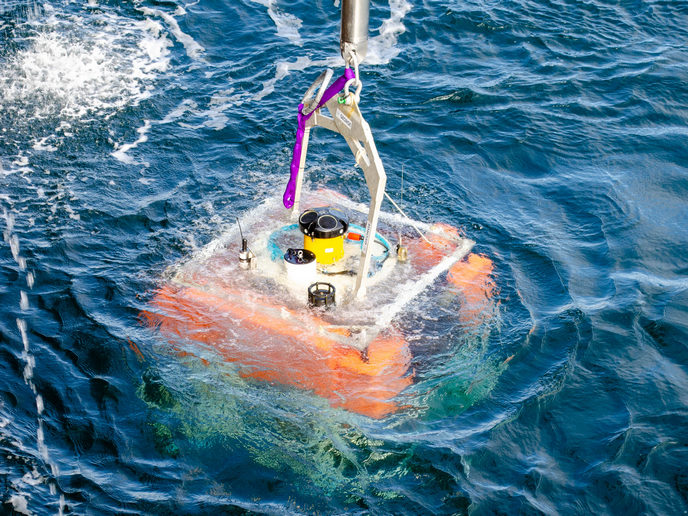Research roadmap for batteries of the future in support of a climate-neutral Europe
The European Green Deal(opens in new window) envisions an EU that is climate-neutral by 2050. Energy storage with batteries is a key technology in Europe’s efforts to become the first climate-neutral continent. For the EU to become globally competitive and increase the number of jobs, it needs excellent research that is aligned with a long-term vision of supporting emerging battery cell production. Such actions will help to deliver sustainable, ultra-high-performance battery solutions for industrial sectors and society overall.
Forward-looking battery research in Europe
The EU-funded BATTERY 2030 project sought to ensure that Europe has access to environmentally friendly energy storage in the form of batteries. It formulated a long-term battery roadmap(opens in new window) that identifies the research directions needed over the next 10 years to invent tomorrow’s sustainable batteries. The roadmap defines key obstacles to overcome in realising such batteries with smart functionalities that are safe, cost-efficient, scalable, durable and predictable with long lifetimes. The roadmap presents three overarching research themes and six research areas needed to invent the batteries and provide new tools with which Europe can discover and develop them. “To our knowledge, no comparable battery sector initiatives have the long-term vision of being chemistry-neutral and transformative to accelerate the development of existing and future battery concepts in reaching ultra-high and smart performance,” comments project coordinator Kristina Edström. “Our roadmap addresses the need to incorporate from the outset cross-cutting elements such as manufacturability and recyclability.” This is a new way of thinking about advancing battery research and innovation.
Strong engagement with European battery community
To produce this strategic document and ensure widespread support, project partners undertook a written consultation process to gather input from a large number of representatives from the scientific community and battery industry. They also organised several workshops with various stakeholders. The roadmap was presented and discussed at a large stakeholder conference in Brussels in November 2019 that attracted more than 220 participants from research and industry. It was also presented and discussed at a dedicated conference held online in May 2020 with over 1 000 registered participants. BATTERY 2030+(opens in new window), the project’s successor, will now start work on achieving the goals set out in the roadmap. In line with the roadmap, the BATTERY 2030 team proposed research and innovation actions, such as preparing a battery design for maximum longevity. These goals need to be implemented during the next decade to complete the aims identified in the roadmap. “BATTERY 2030 provides the battery industry with new knowledge and technologies that will enable Europe to manufacture sustainable ultra-high-performance batteries using the least amount of rare minerals and leaving a minimum carbon footprint,” concludes Edström. “These batteries will be optimised for both existing markets such as road transport and stationary energy storage and future emerging applications like robotics, aerospace, medical devices and the Internet of things.”







